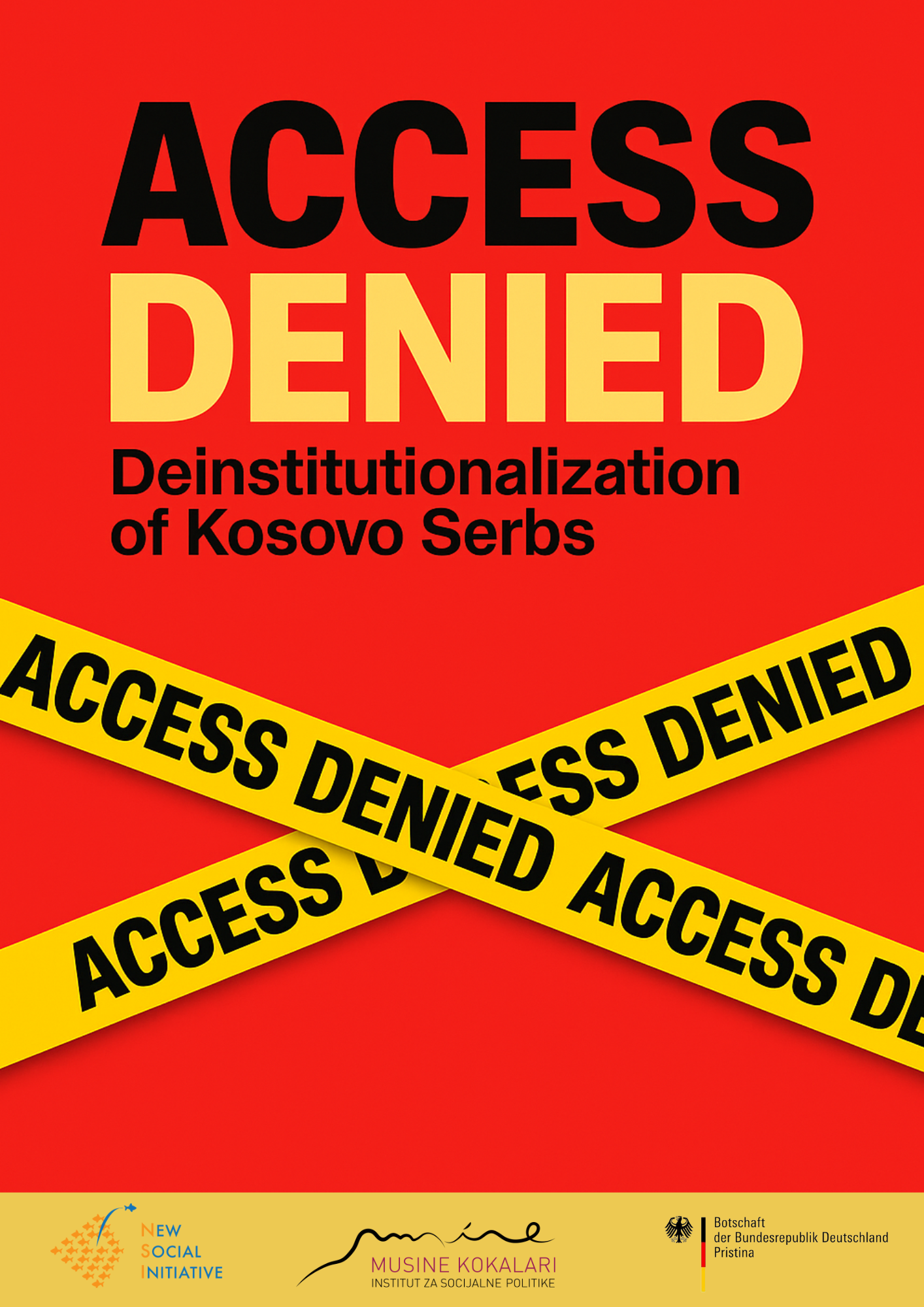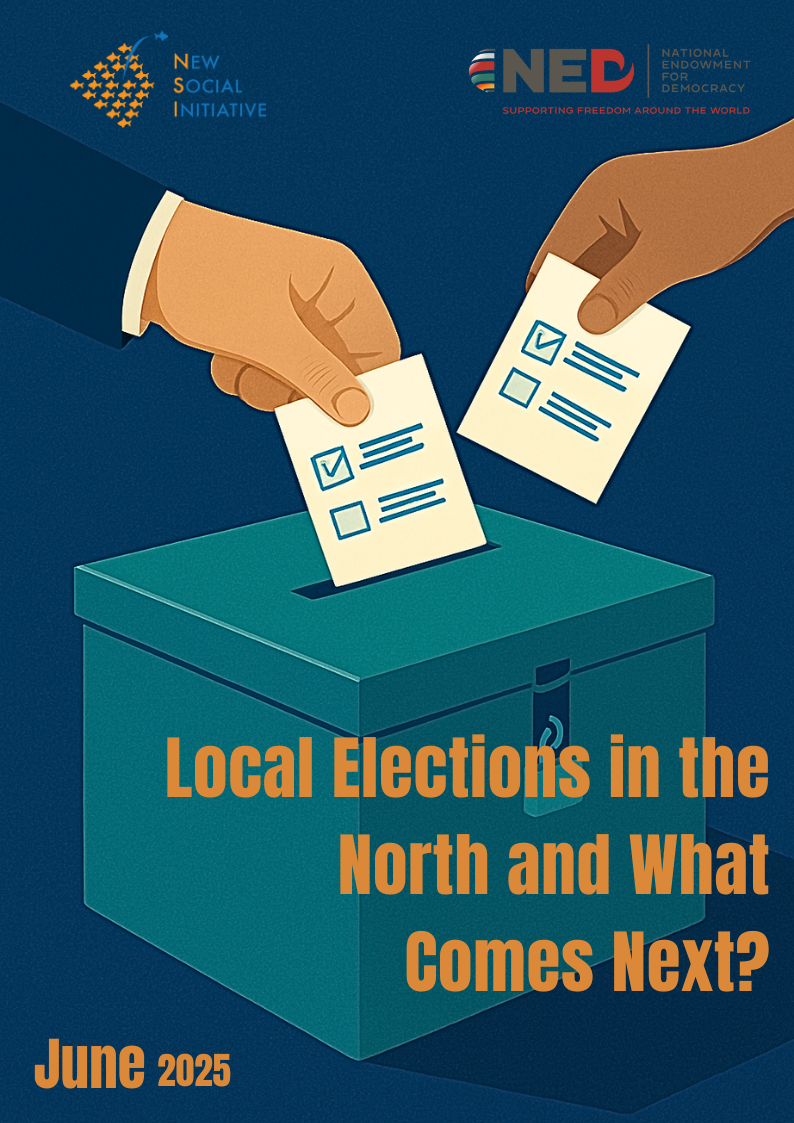More than a year has passed since the Government of Kosovo started the action of permanently deploying special units of the Kosovo Police in Serb-majority municipalities in the North. While for the Prime Minister Albin Kurti this decision represented a step towards establishing law and order in this region, for the local Serb population the presence of these units will become a source of fear and insecurity. The unprofessional behavior of the members of these formations, but also the fact that the nature of their presence is illegal, caused this to be one of the key reasons for Serbs from the North to resign from all the local Kosovo institutions in which they had been integrated until then. After this, and under the pretext of the departure of Serbs from the Kosovo Police, the presence of these units increased further, and together with that, the number of incidents between them and the local Serb population aslo increased. The situation culminated after the extraordinary local elections, which were boycotted by Serb representatives and in which ethnic Albanians were elected mayors in Serb-majority municipalities. In order to allow the newly elected mayors access to the municipal buildings, against which the Serbs protested, the members of the special units entered into conflict with the Serbs from the North for the first time, after more than 10 years. Since then, the crisis has deepened even more, relations are at a record low level, and a solution to the problem is not in sight. How did it even come to this? What impact did the decision to deploy special units have on broader socio-political processes? Can we move forward, and how?





